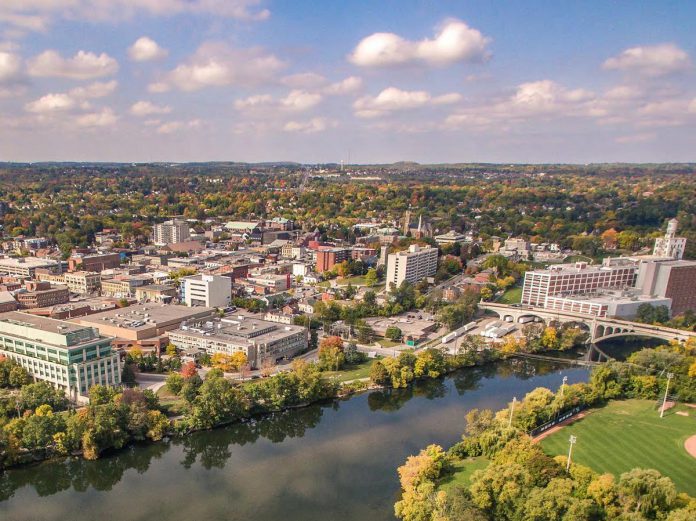Weeks after the Ford government reversed its decision to remove 15 parcels of land from the protected Greenbelt for housing development, his government is also reversing its decisions on the official plans for 11 municipalities — including the City of Peterborough.
Ontario’s housing and municipal affairs minister Paul Calandra made the announcement in a statement released on Monday (October 23).
“Since becoming Minister of Municipal Affairs and Housing, I have made it a priority to review past decisions, including minister’s zoning orders and official plans, to ensure that they support our goal of building at least 1.5 million homes in a manner that maintains and reinforces public trust,” Calandra said. “In reviewing how decisions were made regarding official plans, it is now clear that they failed to meet this test.”
The Ontario government approved the City of Peterborough’s official plan — a key planning document that guides the long-term growth and development of the city until 2051 — on April 11, subject to 61 modifications provided by the housing and municipal affairs ministry.
According to the province, the 61 modifications to the official plan were made “to address provincial policy direction related to growth management, housing supply, cultural heritage resources, land use compatibility and the protection of natural heritage features and drinking water.”
Some of the modifications represented substantial changes from the version of the plan submitted to the government by previous city council in 2021, and could not be appealed.
Two of the modifications including two new special provisions, one allowing around 2,600 new housing units to be built at 420 Old Towerhill Road and the other allowing around 700 homes to be built at 1694 Driscoll Road. Another modification for the Coldsprings planning area removed the designation of 80 hectares of developable land for employment use and 60 hectares for other community uses.
Other modifications included removing references to rural transitional lands as excess lands that would not be significantly developed before 2051, removing a section on culture heritage resources, and removing a eight-storey maximum building height limitation in the downtown core. Several developers had written to the province to object to elements of the city’s draft official plan.
“As soon as I am able, I will be introducing legislation that would reverse the official plan decisions for Barrie, Belleville, Guelph, Hamilton, Ottawa and the City of Peterborough, the Regional Municipalities of Halton, Niagara, Peel, Waterloo and York, as well as Wellington County,” Calandra said.
“This legislation would wind back provincial changes to official plans and official plan amendments, except in circumstances where construction has begun or where doing so would contravene existing provincial legislation and regulation. This includes winding back changes to urban boundaries.”
Calandra said municipalities will be asked to submit changes and updates to their official plans to ministry staff within 45 days, including information on projects that are already underway.
“In recognition of the costs incurred by municipalities arising out of this decision, the province will work with impacted municipalities to assist with related planning and staffing costs,” Calandra added.




























